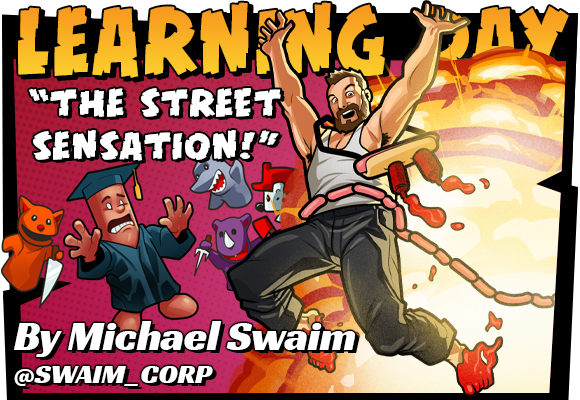
A bunch of apes scrabbling in the dirt slowly coalesce around a silver disc of unthinkable size. The laserlight reflecting from its aluminum flank sears into each of their minds the sense of striving, the question that will lead their people on to a new state of being and tier of their evolution, agitating like the sand that forms the pearl: what if a movie had to be flipped in the middle?
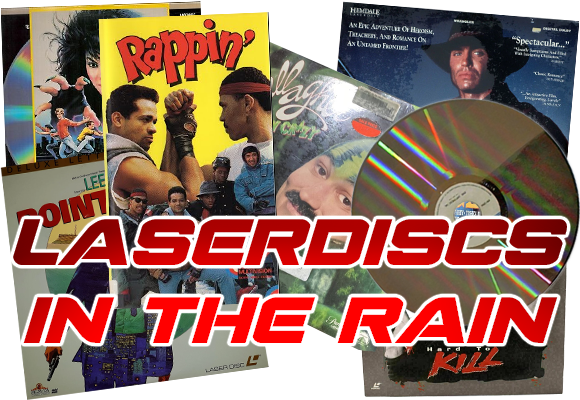
Regular LDR readers, or “laser babies,” know that this series traditionally focuses on a bizarre laserdisc my Dad inflicted on me at a wildly inappropriate age. Today we break that pattern, as Rappin’, the sequel to the sequel to Breakin’, should not be seen by anyone at any age, not even as a refresher to write a column if we’re being honest. There’s no tweak to the view-speed that makes it not a waste of at least some of your fleeting life. Imagine the pointlessness then – the tertiary, diluted non-experience that reading about it must be, like lining up with a thousand other people to lap at a trough of gray water.
Let’s do it.

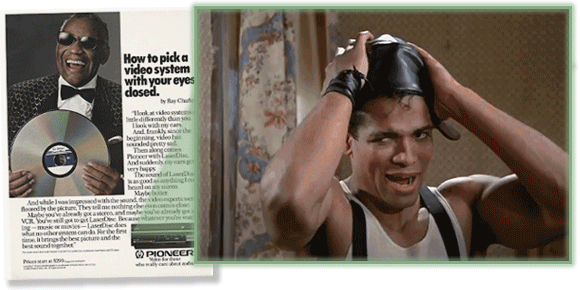
Also called Breakdance 3, even though it features zero breakdancing and actually only a bit of rappin’ but mostly generic pop love songs, this nightmare is a sequel to Electric Boogaloo in the sense that kneeling in front of an open grave is a sequel to getting hit in the head with a shovel: you can sense that there’s some connection, but the brain damage you’re suffering from undergoing the experience is making things hard to pin down.
Plot-wise and cast-wise, Rappin’ is entirely standalone, as if the Breakin’ series was set to be an anthology with entries centered around “I don’t know, whatever dances they’re doing. You know the ones they do.” This is a huge mistake in my opinion, as, lacking the structural framework of Electric Boogaloo to build from, Rappin’ loses its way immediately.
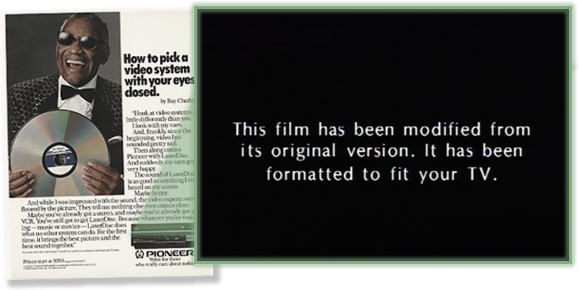
Do. Not. Format. This movie for televisions. It functions much better so zoomed in that it’s just a fuzzy snippet of flashing colors set to music and dialog. The more you can obfuscate the idea that this was ever supposed to be coherent, the more plausible deniability you’ve already built in. Although, while we’re throwing some text up onscreen, how about a “Content Warning: production title that’s clearly sex?”

For those of you concerned I may be mining the very first seconds of the movie for too long, keep in mind that when I’m done we have to talk about Rappin’, starring Mario van Peebles, the closest thing to a Lin Manuel Miranda the 1985 Hollywood system could produce. I forget what he’s from, so let’s just say he appeared on every box of Fruity Peebles and that’s why the name sounds familiar.
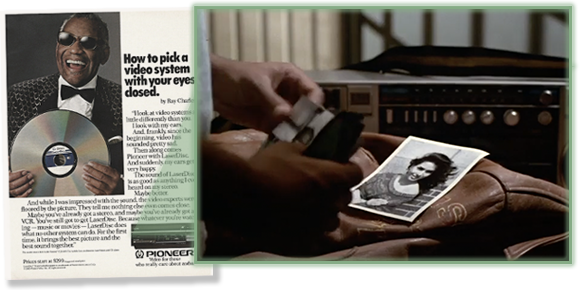
The actual movie part of the movie begins with MvP getting released from prison, and packing up glossy, eight-by-ten printed pics of his loved ones, including one that’s clearly a professional headshot. Because it’s 1985, he attends his credits closeup looking like Kid Chameleon box art.
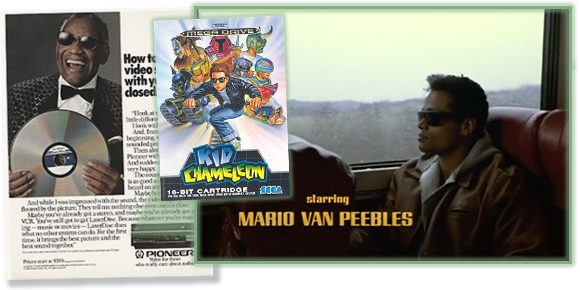
Then he immediately backslides, tragically committing the same crime I assume he just got released for: rapping in real time about his life as it unfolds. And this is ’80s rap, so it’s more Sugar Hill Gang and less Kendrick Lamar. It’s less Hamilton and more “Will Smith sure got overambitious with this credits song that blankets the entire movie.”
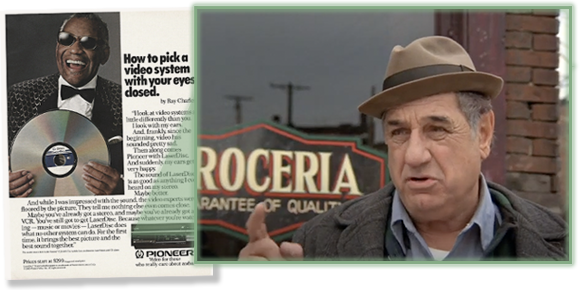
He raptroduces himself as John “Rappin’” Hood. When a local vendor calls him a “rotten hoodlum” instead, Johnny really puts some mustard on his hot dog – and I don’t mean he clobbers him like in the ’20s sense, I mean he helps the hot dog cart man do part of his job. It’s not exactly robbing from the rich to give to the poor, but it’s not rotten hoodlum behavior either.
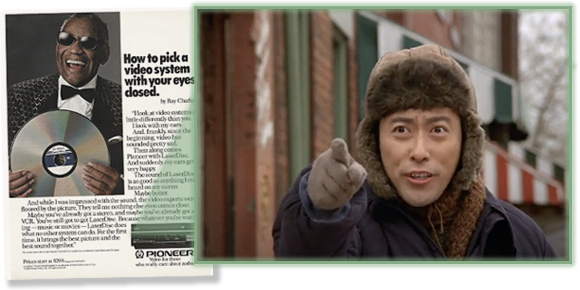
After another small business owner calls him a hood and points at him like he’s the last human alive in Invasion of the Body Snatchers, you couldn’t be blamed for letting yourself hope that this movie could turn out to be a critical, cogent treatise on race relations. Then Rappin’ Hood threatens a guy by doing a Fonzie move, and you know in your heart that this is going to be some middling theater kid bullshit instead.
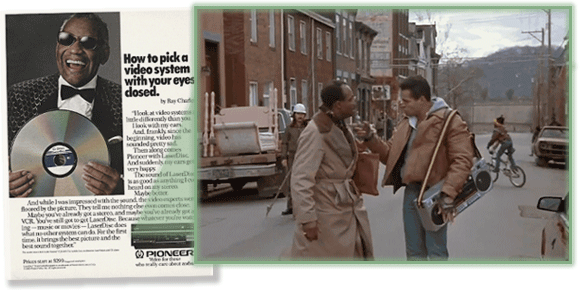
The key players in our hero’s life are his grandma, his little brother A, and his crew, the Merry Men, a gaggle of actors clearly here to audition for West Side Story on an adjacent soundstage. Finally free after spending time in prison, Rappin’ Hood does what any of us would: raps with his brother about tapping ass while they Night at the Roxbury their grandma. “Two of a Kind” includes the lyrics “we jump, but we’re freaks in a single bound / starting trouble all over town / if it’s rated X, we hit the back door / we don’t stop watching ’til she hollers for more,” accompanied by vigorous hip thrusts. Granny seems on-board at first, but just follow her bewildered eyes as she casts around for help, or at least another human being to verify silently that this is not normal.
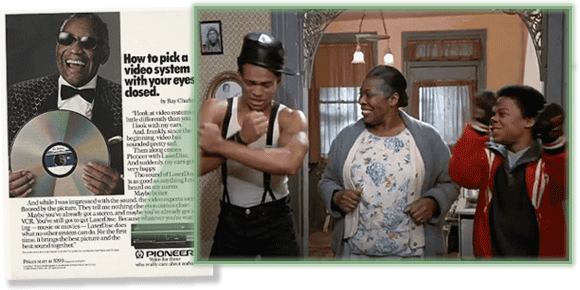
Anyway, then granny raps back. Clock it folks: seven minutes and thirty-eight seconds in, we have achieved rapping granny. While she only has a two-bar transition forcing A to do his homework, it’s still a haunting reminder of the kind of intergenerational cycle of abuse that leads to the existence of musicals people, certainly within the bottom ten percent of types of person to be. I’m calling you out, Julie Andrews. You can’t hurt us anymore.
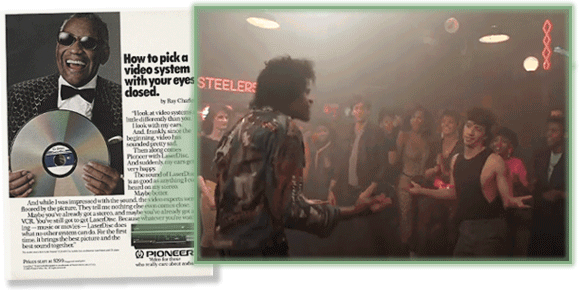
That night, the boys attend a welcome home party, which naturally breaks out in a dance battle between two people who will actually try to kill each other a few scenes from now. I like to imagine the Sylvester Stallone kid is Rambo from First Blood (original ending) and this is his beautiful dream of a world where we dance instead of fight as he bleeds out. Honestly, as long as someone from this sequence bleeds out, I like to imagine it.
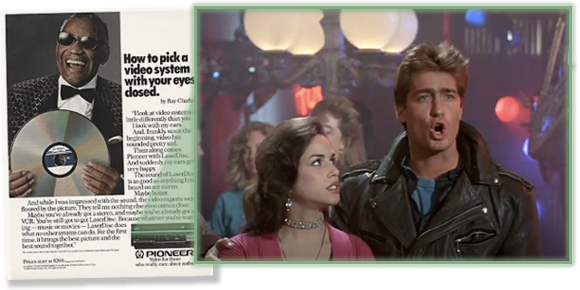
Rappin’ Hood spots another guy in a leather jacket, and naturally has to fight him for control of the room. This turns out to be Dwayne, John’s protege who now runs the gang with an iron fist inside a fingerless glove. So while Robin Hood tangled with corrupt cop the Sheriff of Nottingham, Rappin’ Hood must quash the gang uprising led by a monster of his own making. You can immediately tell Dwayne is trouble because he’s borderline abusive to his girlfriend Dixie in the exact way that either a middle school D.A.R.E. play or a Kids in the Hall sketch would feature, and because his dialog vibrates with spite and venom when he says stuff like “why don’t you take a walk?” and “hey is for horses.” He even has a little Salacious Crumb guy who looks like he goes out to auditions as “a Peter Lorre type.”
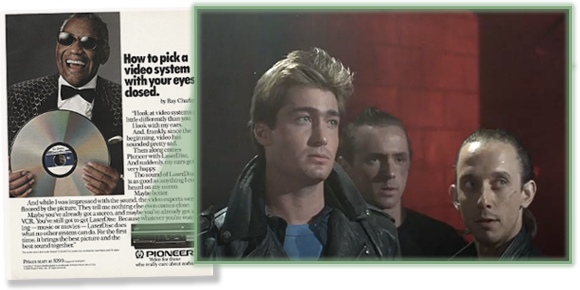
Dwayne’s whole deal is that he wants to fight John to formally inherit leadership of the gang, but John has chosen the path of non-violence, making a brief exception to completely ruin a bathroom and one man’s mid-meal shit.
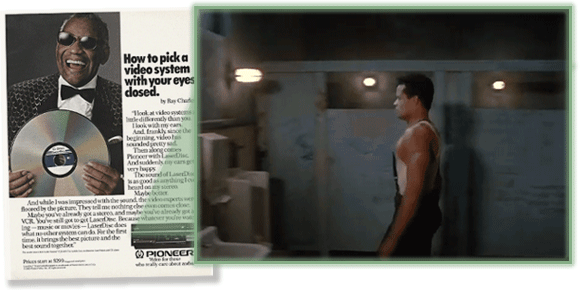
This turns into a meetcute when Dixie comes in to apologize on Dwayne’s behalf and is naturally aroused by the smell of an interrupted bowel movement. As Dixie and Rappin’ Hood quickly develop into a couple, pissing Dwayne off, it also turns out that a stodgy white businessman is trying to clear everyone out of the neighborhood so he can develop the area, and he’s forcing the task onto his assistant Cedric, the living embodiment of the animation cells from that one Simpsons episode where Smithers is Black.
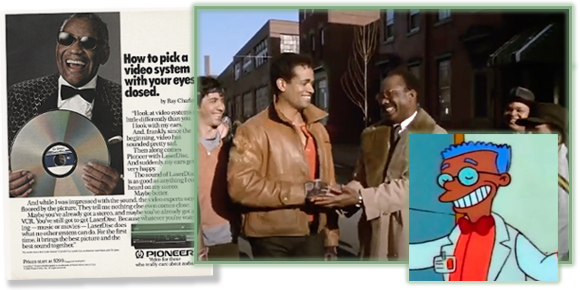
So we’ve got two major threads here: a love triangle with a rival gang member, and trying to save the neighborhood from a real estate developer. Both are well-trod territory, but if fashioned into a thoughtful rap, perhaps the novel packaging will lend some freshness to these time-honored storytelling maneuvers. Nevermind, let’s do a rap called “Snack Attack” making fun of the fat one’s love of food, and also the fat one is named Fat. His entire personhood is defined by his weight. His ID picture is somehow an animated gif of him eating a whole cake.
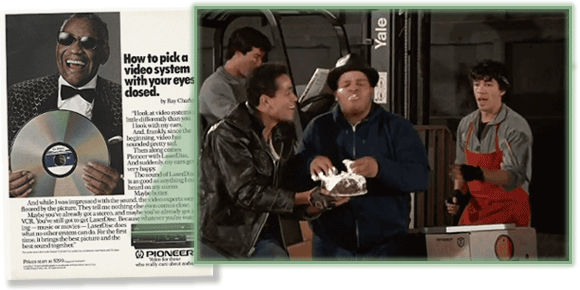
Fat’s hunger is explicitly treated as an addiction, as he raps “I know this affects my latitude / but what the heck can I do? I love food.” His peers reply with “You better develop some fortitude / before your body develops a horizontal attitude,” literally threatening him with the specter of death if he doesn’t learn to control his portions. I’m not trying to be preachy or crazy body positive, it just feels a little over-the-top. Again, “Fat” is the child’s name.
As it happens, Dixie is assistant to a big music producer, leading to the strangest choice made in this movie by far: including quite a few non-rap songs. Scenes at auditions and recording sessions are used time and again as an excuse to have characters we’ve never seen before and will never see again, mostly children, sing a range of pageant-friendly R&B and pop love songs. In a movie designed solely to capitalize on youth interest in rap and breakdancing, there’s no breakdancing whatsoever and more than half of the songs are closer to being showtunes than rap.
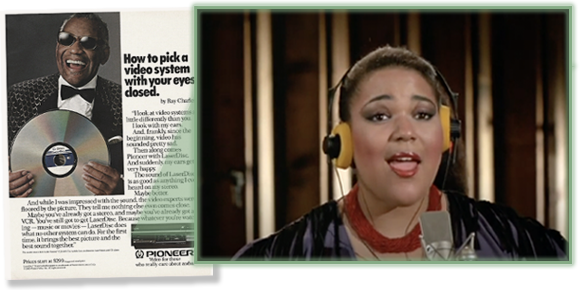
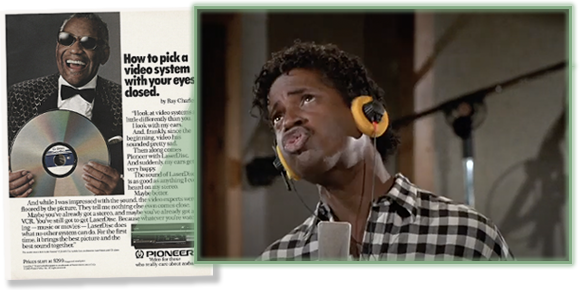
Somewhere in the mess, John impresses Dixie and her boss with his freestyling ability and is asked to come in for a proper audition. I think the line that really got ‘em was probably “”green is the color of cash / the color of a rasta’s stash / the color of grass, color of trees / the color of boogers when you sneeze.” Meanwhile, Cedric hires Dwayne and the boys to drive the rest of the residents out of their homes exclusively by throwing food at them.
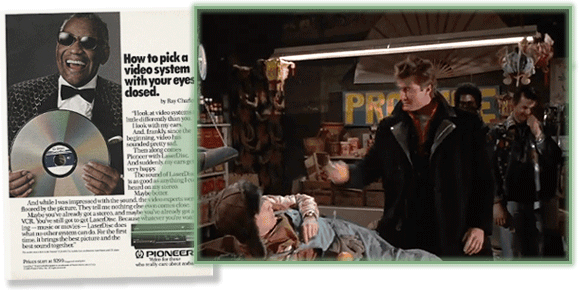
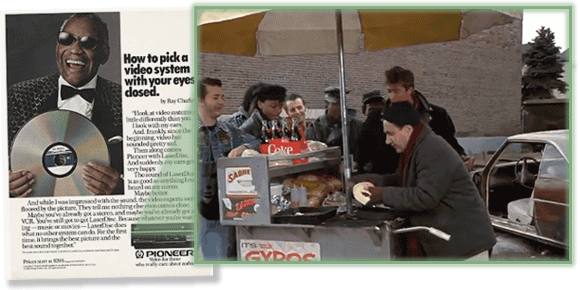
At the audition, Rappin’ Hood handily beats his competition, a bunch of Archie clones who sing “Itchin’ for a Scratch,” the official anthem of the National Shingles Foundation. Hood instead freestyles about a drunk guy who happens to have just smashed a bottle over the bartender’s head. The resulting riff, “Lady Alcohol,” is notable in that at no point do the lyrics include “call an ambulance” or “hey did someone help that man.”
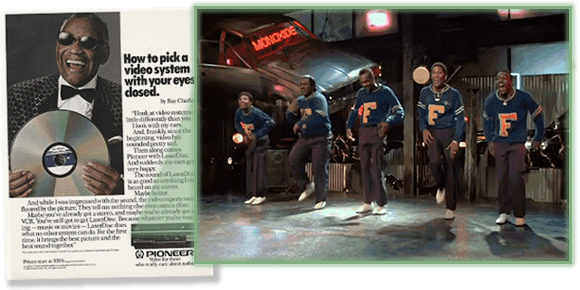
Naturally, things also ratchet up between Johnny and Dwayne, to the point that Dwayne feels the need to threaten his rival by telling a story using poker cards, like a childrens’ birthday magician. And to impart some suggestion of the quality of the performance, he says “Hey Johnny, don’t forget – I’m the king” exactly the way Tim Heidecker would, but for different reasons.
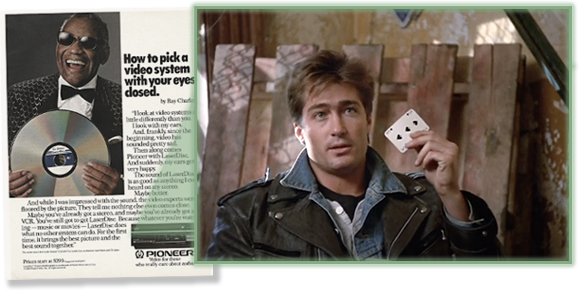
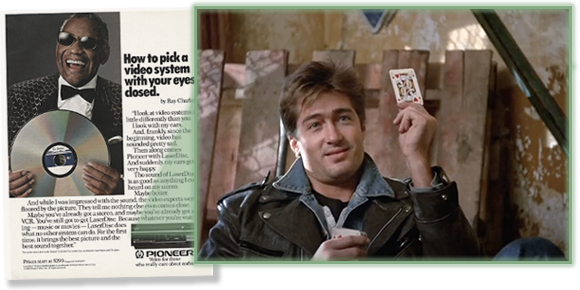
Cedric succumbs fully to evil at this point, and starts to literally dance a little jig as he updates his big map of people he’s evicted.
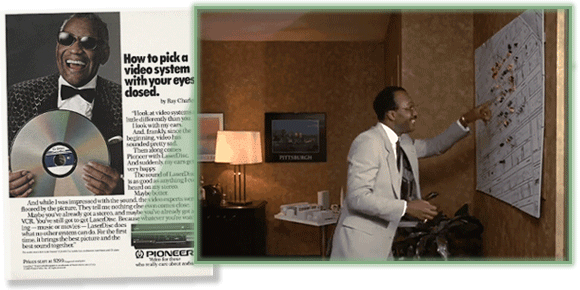
He conspires to cut oil off to the residents so they have no heat, so Hood and the Merry Men steal an oil tanker and distribute it to the people. This is the one and only overlap between the plot elements presented in this film and the original story of Robin Hood. Things with the lovebirds also escalate, especially when John says he’d “rather help the needy than make money for the greedy” on a date, and it becomes apparent by her facial expression that Dixie’s considering, potentially for the first time, that her boyfriend might not just rap, but actually talk in rhyme.
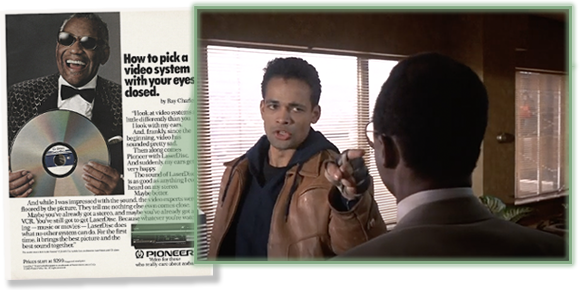
Everything comes to a head when there’s a brawl between the Merry Men and Dwayne’s goons, John finally forsakes his pacifism and wins a knife fight, and everyone heads to City Hall so Rappin’ Hood can freestyle at the whole town at once and get this grim charade over with.
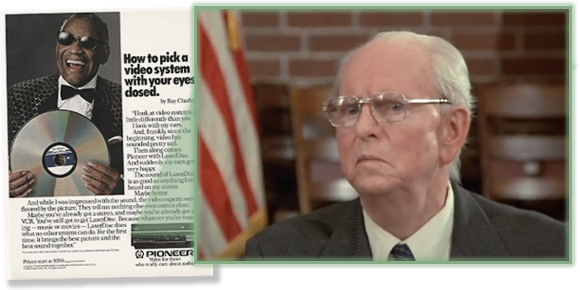
This leads to a climactic rap so epic…
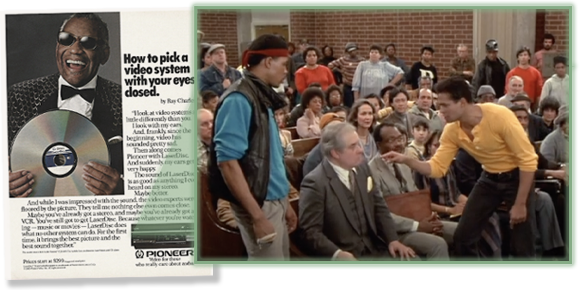
…that it makes Cedric swap sides, turns Dwayne good, flattens the white businessman’s tires, inspires the City Council squares to clap and sing along, and presumably secures Mario Van Peebles’ financial future.
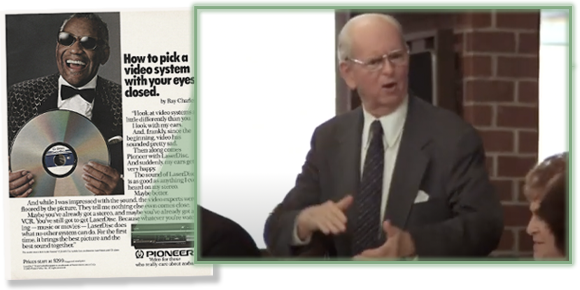
This is followed immediately by a credits rap, because when it’s rap all the way down this is the kind of madness you must endure. Dwayne raps a pro-John verse over a banjo loop, John signs a big recording contract, and a random middle-aged mom who thought being a career movie extra would be fun now that the kids are out of the house tries to do a hoe-down and look rapper-y at the same time.
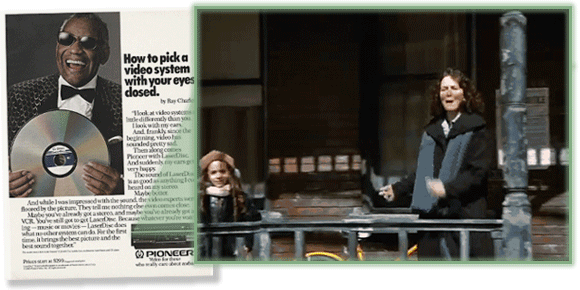
It’s not the ending any of us envisioned, but at least we can rest safe in the knowledge that nothing can tarnish the legacy of Electric Boogaloo, because it doesn’t have one.
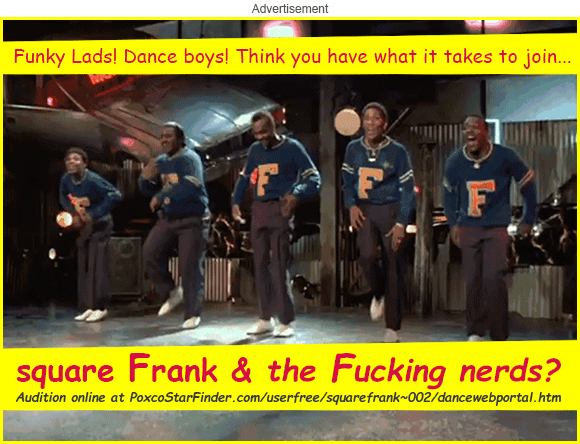
This article was brought to you by our fine sponsor and Hot Dog Supreme:Jaber Al-Eidan, who’ll put your ass to sleep like Thomas Church, Haden.

2 replies on “Learning Day: Rappin’ 🌭”
Until you said it, it never dawned on me that Mario could have been running around calling himself MVP all day every day through the 80s. Talk about missing an opportunity…
God I completely forgot this movie exists. I am pretty sure Mario van Peebles wishes everyone had.